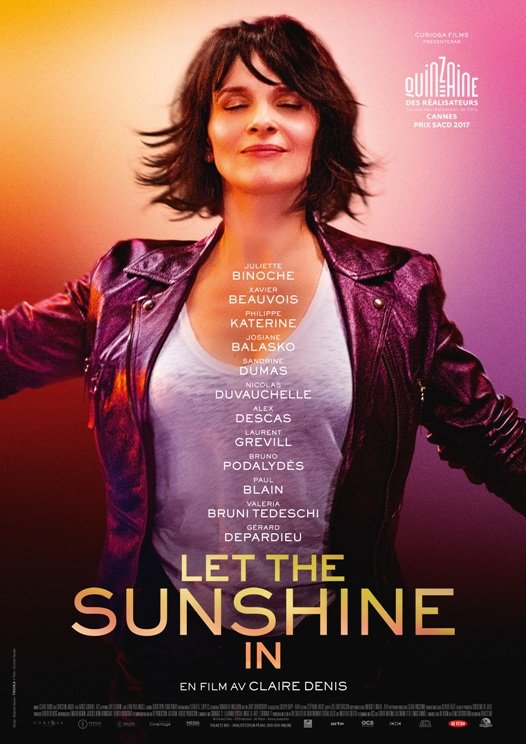It's strange looking back at reviews around the time this came out, at the people comparing this so much to Rohmer (I did as well), yet this rewatch weirdly reveals a different pocket Denis is playing in. The heavier approach dialogue here, as well as the more wistful romantic narrative does certainly bring to mind the best work of Rohmer but Denis and Godard here don't really engage with much of that beyond the cursory. Their approach to mise-en-scene and camera movement struck me as being much closer to the work of Rivette (especially in his 90s work). A kind of airy quality where the camera gracefully glides around rooms and across people with seeming effortlessness. It's probably her first film since her debut that feels so indebted to him.
It's telling that for how humorous this film struck/strikes people, it's apparent scathing-ness generally gets less attention. The "fuckboi" mentality is strong in its male characters. Their words, scabrous, but tossed off so carelessly as if they say nothing out of the ordinary. They can be direct or beat around the bush, but they all walk around with seeming carelessness to the people around them, or they feign concern. It's relatively modern in that sense, not that men haven't been sleeping around and using women for centuries, but more in their attitude and demeanor to doing so.
For the majority of her career as a director, Denis has been pretty consistent in her films showcasing the lives of those in the working class, the under-class, the underground in some instances. It was in White Material that her eye did begin to drift in this regard, perhaps due to budgetary concerns and requiring(?) a lead with a name, Isabelle Huppert, that presenting the upper class in her films. Certainly not without critiquing them of course, but for whatever reason the upper class began to have more interest to her.
But it's this film that, I think, fully revels in it's upper-class/upper-middle class luxuries. She isn't able to cut around to various revolutionary factions as in the aforementioned White Material or present the film through the eyes of a vengeful mariner as in Bastards. Here, we are only privy to Isabelle's (Juliette Binoche) perspective. We barely see Isabelle at work, painting, but she lives in a nice apartment, attends and/or presents at galleries, wears nice clothes, et. - monetary problems do not appear to even enter into her periphery. To even go outside of her circle of friends (class) is too much for her. In this regard, it's a gentler, more subtle critique at class than the previous two films have done. The violence is purely emotional. A desire to have and be rid of each other, personalities are rendered insufficient, they only need the body of another.
To this, perhaps Denis' least alienating film - though what do I know, when I saw it in a theater and people started leaving during the credits people thought Binoche's performance was too "wishy-washy" for them - but also maybe her most accessible. It plays within romantic/romantic-comedy conventions, and the sort of narrative beats one generically associates with French cinema and it doesn't to much to undermine them so much as it underlines and highlights certain beats that many might otherwise overlook. It isn't so much an aberration in her filmography as some critics have asserted as much as a detour, a dalliance, into generic territory she had yet to engage with. For me, it's not a truffle, it's a souffle.























